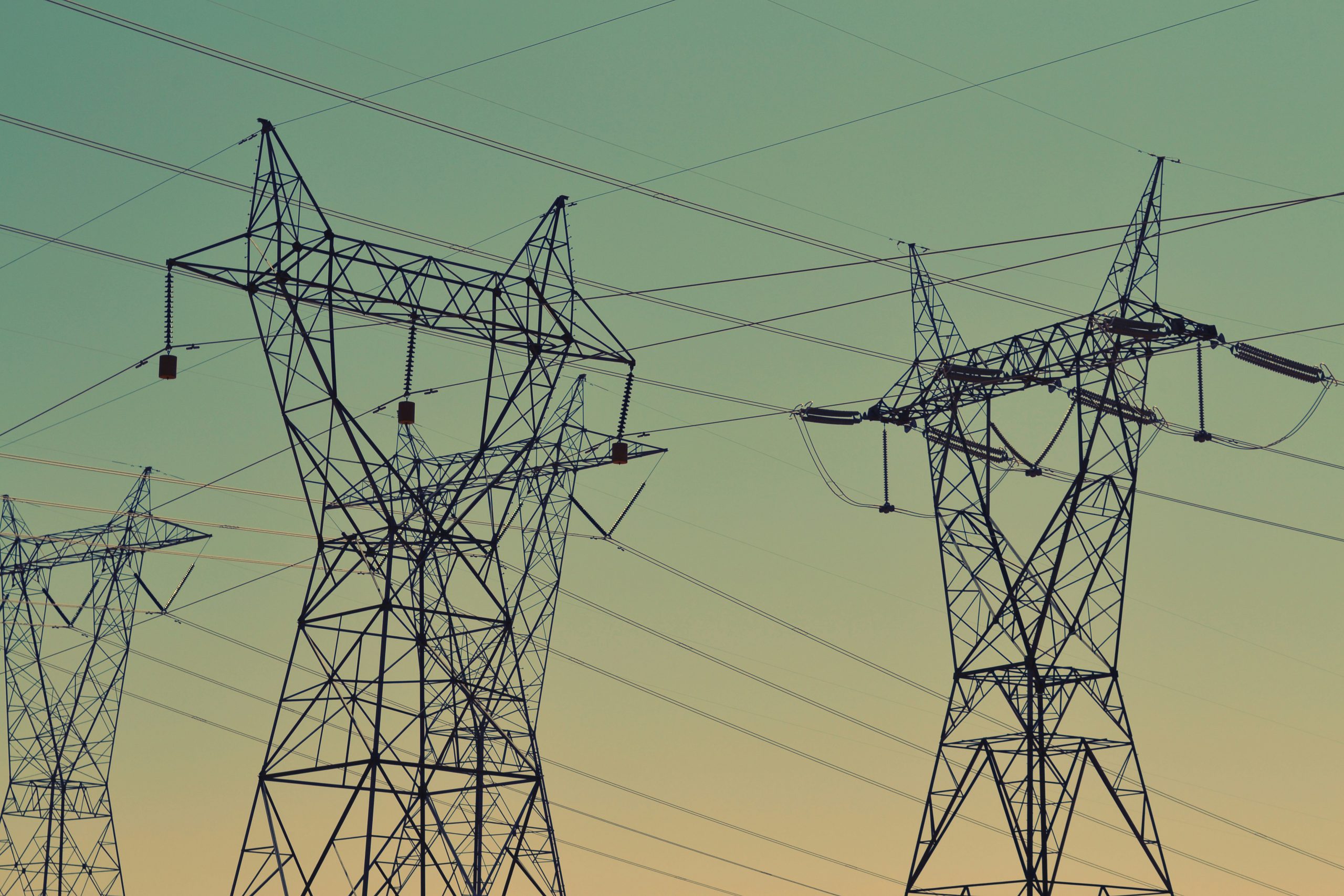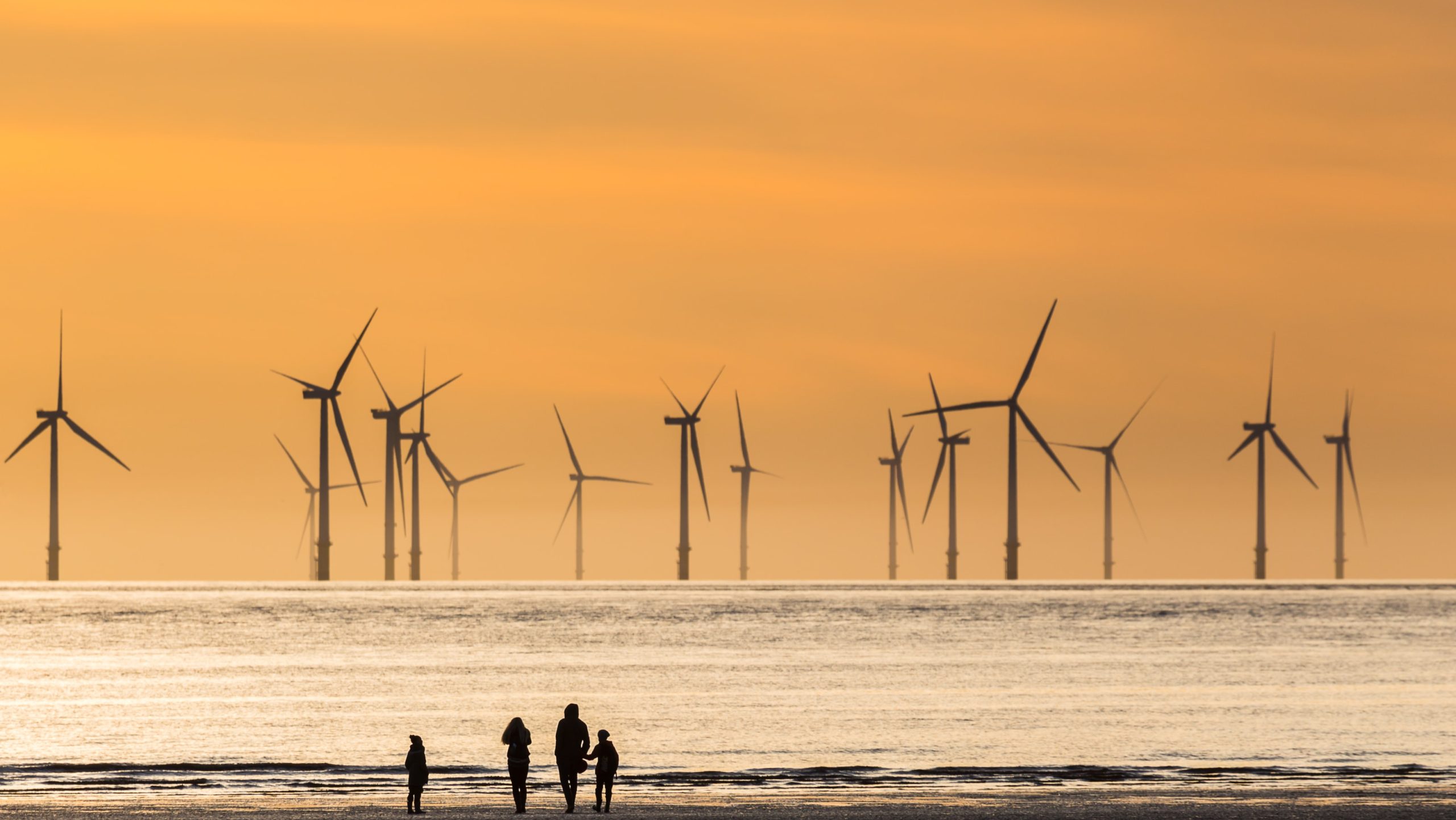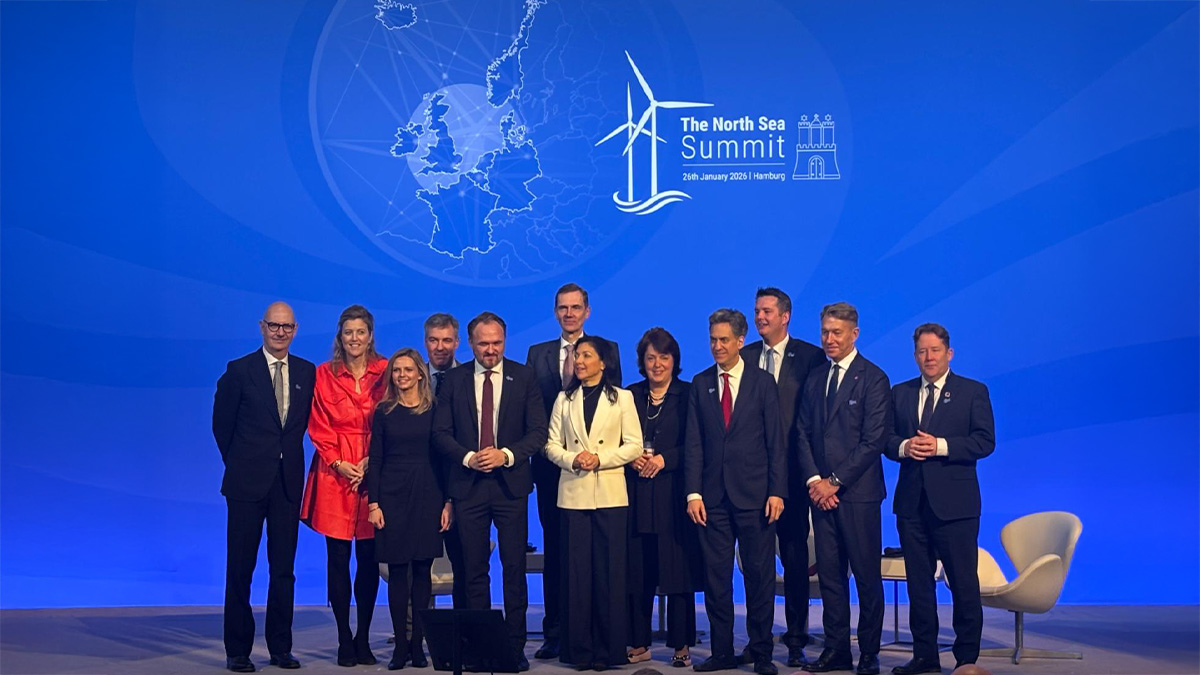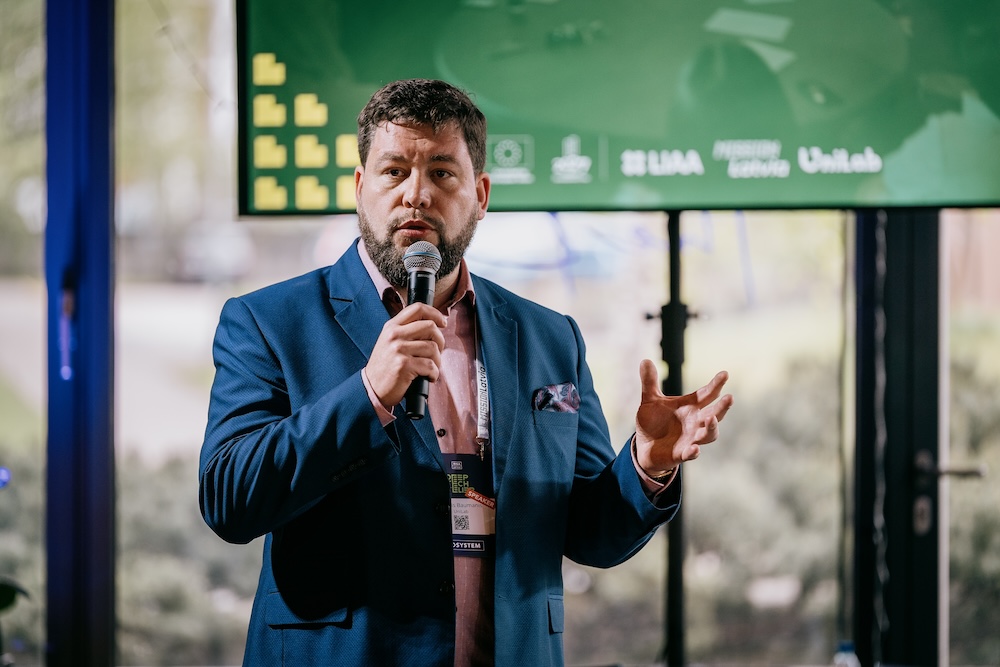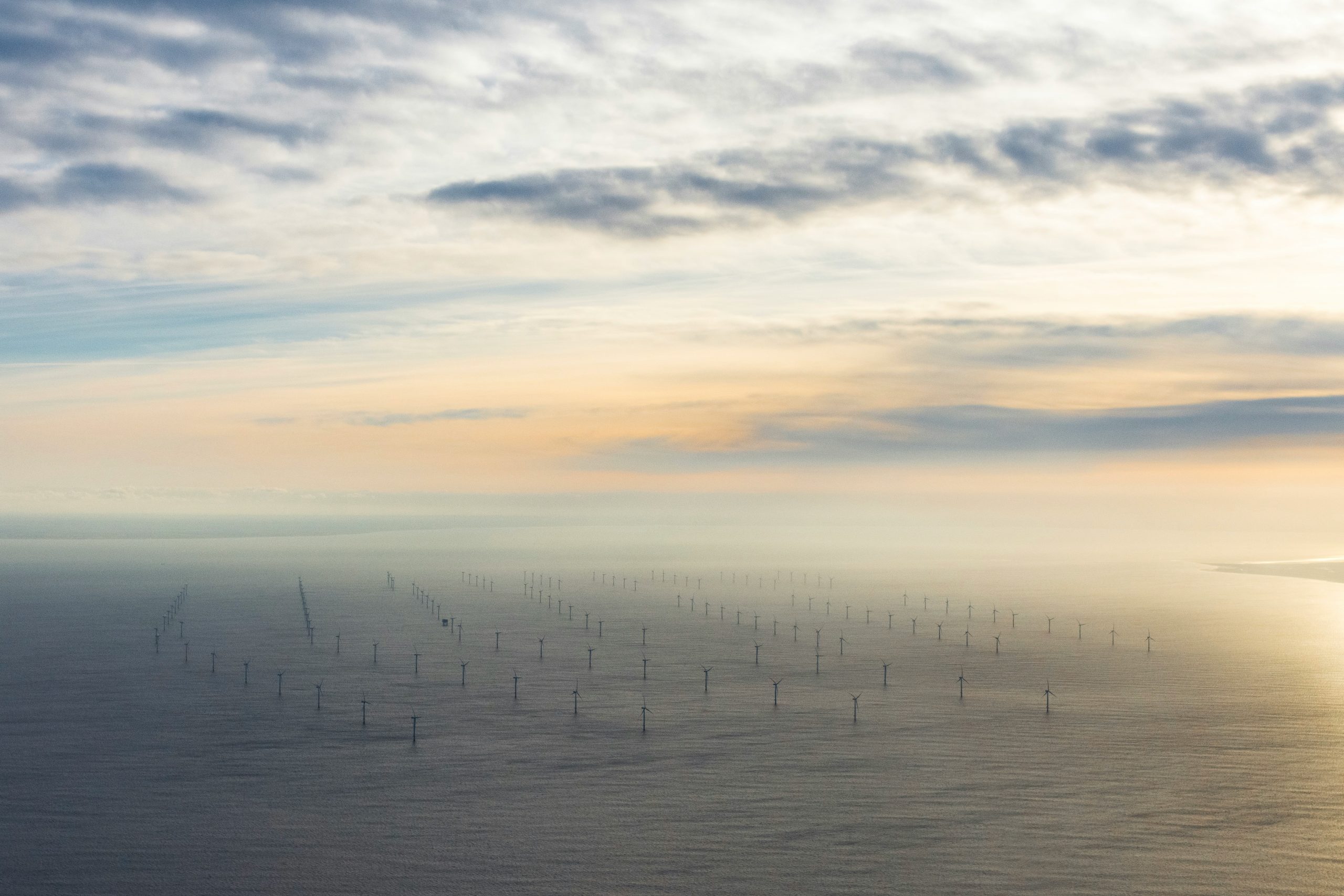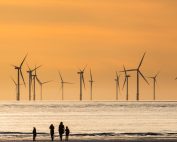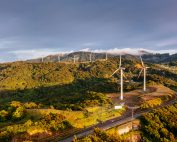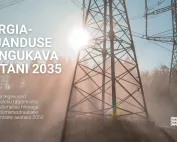A recent article by Kinga Wejer of EKO-KONSULT, published on LinkedIn, addresses the underdevelopment of hydrogen technology on Polish offshore sites.
Currently, hydrogen production in Poland takes place exclusively onshore using fresh water, which is problematic due to the country’s limited supply of this resource. Poland is ranked 24th in the EU in terms of renewable freshwater resources, which puts them below the lower end of the water scarcity risk. The production of green hydrogen, which is key to the energy transition, requires large amounts of water. Thus, in the context of limited freshwater resources, it is necessary to look for alternative sources.
Seawater as an alternative:
The author suggests that the Baltic Sea and offshore wind farms (OWFs) may be the answer to this problem. The process of desalination of seawater through reverse osmosis could provide the necessary water for hydrogen production. This production could use energy from the OWF, and the hydrogen produced could be transported to land or stored within the farm.
The article gives the example of the world’s first offshore electrolyser, located in France. The Sealhyfe project, connected to a floating wind turbine, produces up to 400 kg of green hydrogen per day and shows that such technologies are feasible.
Lack of project implementation in Poland:
Polish OWF developers have not included offshore hydrogen production in their plans. Additionally, the Polish Maritime Spatial Plan does not include the possibility of such investments, which significantly limits the development of this technology in Poland. However, there are already projects planned in the Baltic Sea, such as the Kapheira OWF in the Swedish economic zone, which shows the potential of the region.
EKO-KONSULT is working on the first research project in Poland on production of hydrogen from seawater on the Lotos Petrobaltic oil platform, which has already received an environmental decision.
Poland has a large scientific and research potential in the field of hydrogen technology, which should be used in the energy transition process. Hydrogen production on offshore farms offers great opportunities that should be used to meet the country’s growing energy needs.
The full article can be read on LinkedIn.
Source: LI
